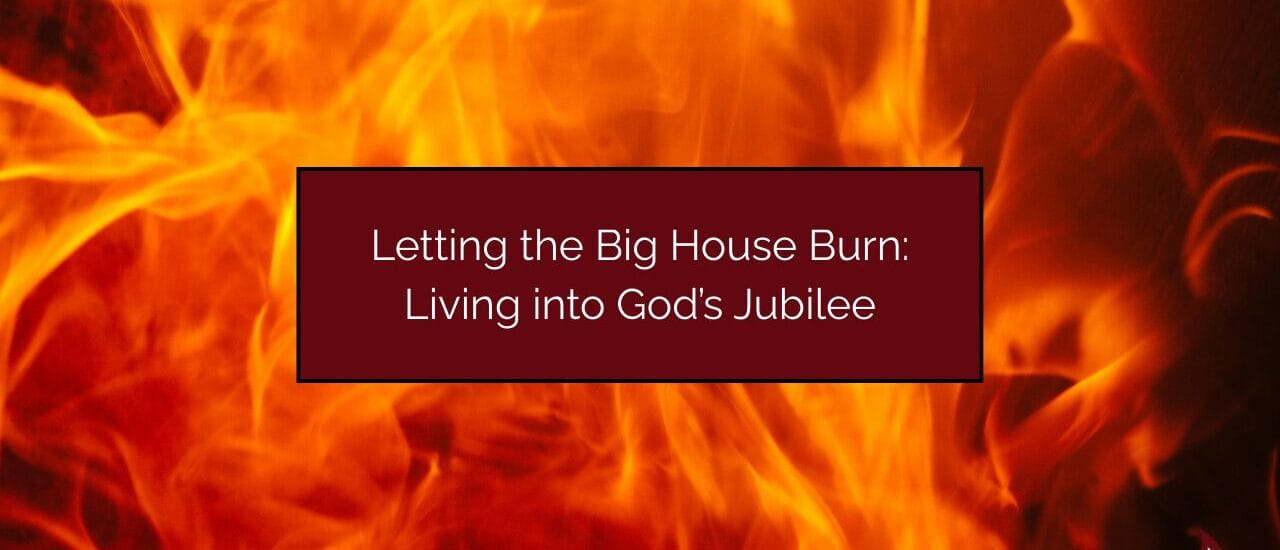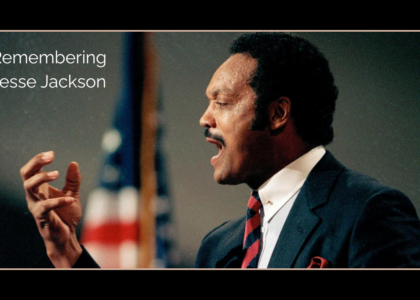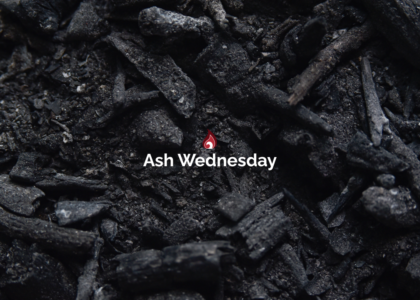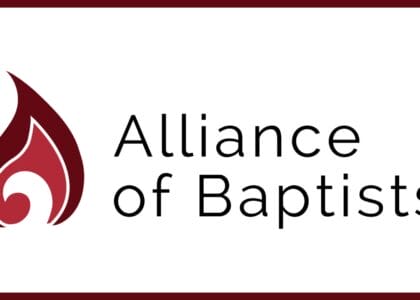by Stephanie Cooper
The Nottoway Plantation burned last week. Once the largest remaining antebellum mansions in the South, it was hailed in news reports as a “historic landmark,” a “pillar of Southern heritage,” and a “cornerstone of tourism.” But Nottoway was built in 1859 by enslaved people—its grandeur made possible by their stolen labor and suffering. In recent years, it had been rebranded as a resort and wedding venue, its violent origins polished into charm. It stood, like so many others, as a monument to the kind of wealth White Supremacy has always known how to protect. The house may be gone now. But the deeper reckoning—the questions about memory, justice, and repair—still smolder beneath the ashes.
What if we refused to mourn the loss of a house built on stolen labor, and instead grieved what was stolen in the first place? What if the insurance payout didn’t go toward rebuilding a monument to white wealth, but toward reparations for the descendants of those who were enslaved there?
It’s hard to even begin to imagine that kind of world because too often the world within which we find ourselves treats justice like an afterthought. That couldn’t really happen, or could it?
Since hearing about Nottoway, I’ve been thinking about Jubilee. That ancient biblical practice of rest, restoration, and release. A holy reset. Jubilee wasn’t just a suggestion—it was a command: forgive debts, return stolen land, set people free. It was never about preserving the status quo. It was about imagining something new. Jubilee was God’s way of making sure that exploitation didn’t harden into generational wealth. It was how God taught us to interrupt accumulation and begin again.
I think a lot about that command in a time like this.
And I think about how we remember (and re-member). Nottoway was a place of erasure—a plantation-turned-resort where history was sanded down and smoothed over. The brutalities of slavery turned into a backdrop for wedding photos.
But just down the road, at the Whitney Plantation, something different is happening. Whitney refuses to let people forget. It centers the lives, names, and stories of the enslaved. It tells the truth with reverence and pain. It gives visitors a chance not just to learn, but to feel the weight of history. It offers not comfort, but clarity.
If you’re white and overwhelmed by the idea of reparations—if it feels too big, too fraught, too distant, too disruptive—then start small. Start with your heart. Be curious about your own reactions. What rises up when you hear the word “reparations”? Does it make you feel defensive, or afraid, or numb? Or overwhelmed, or scared, or unsure? Be curious about your reactions and what your body is telling you, and then lean in.
Not into guilt or defensiveness, but into education. Visit the Whitney Plantation. Be curious. Spend time at the Legacy Museum and the National Memorial for Peace and Justice in Montgomery. Read the stories. Listen. Let them change you.
Because Jubilee doesn’t begin with governments. It begins with us. With our willingness to return what we can, to forgive what we’re holding, to learn and tell the stories of the past—and to live differently because of it.
What would it look like if we took Jubilee seriously—not as an ancient idea, but as a living practice? What might become possible if we suspended the “way it’s always been” and lived into the “what’s possible?” What might flourish—among people, in communities, on the land—if we believed that redistribution and repair were Holy?
Maybe it’s in the small things. Choosing to give something up. Paying off someone’s medical debt. Understanding more about your wealth (or lack thereof), your family’s wealth, your church’s wealth. Letting go of the myth that your security needs to come at someone else’s expense. To live into abundance instead of scarcity.
Jubilee is radical. It’s disruptive. And it’s the heartbeat of God’s vision for justice.
The big house is gone. Maybe that makes space for something better.

Stephanie True Cooper (she/her) joined the Alliance staff in 2019 after serving churches for over 10 years in Texas, Kentucky, and Virginia. She is a graduate of Georgetown College (’07), Louisville Presbyterian Theological Seminary (’10), and is currently pursuing her Doctor of Ministry from Brite Divinity School. With her wife Ashley and daughter Nell, Stephanie currently resides in Austin, Texas where she enjoys hiking, gardening, and partaking in local fare.





Stephanie, this was a really stirring reflection thank you. I think out of this terrible time we’re in our country will be more receptive to your message. Larry